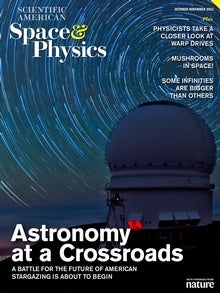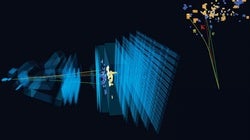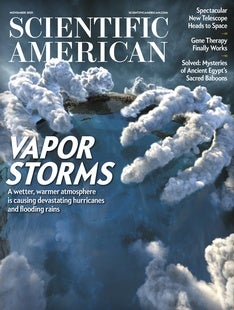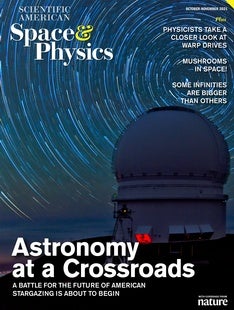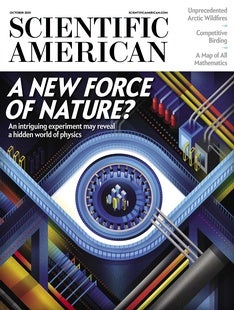 |
| October 21, 2021 |
Dear Reader,
Consider this deceptively simple question: How long does it take a particle to travel from Point A to Point B? Surprisingly, standard quantum theory cannot provide a precise answer, but an alternative formulation known as "Bohmian mechanics" can. Our lead story this week details a new proposal for a remarkable experiment that could provide the best-yet test of this unorthodox theory. Is a "Bohmian rhapsody" right around the corner for quantum theorists? Read on to find out. Then explore our other fresh content this week, about the first-ever flight of disabled astronauts, the launch of NASA's LUCY mission, the universe's uncertain origins, new solutions for old, gnarly math problems and more. |
| |
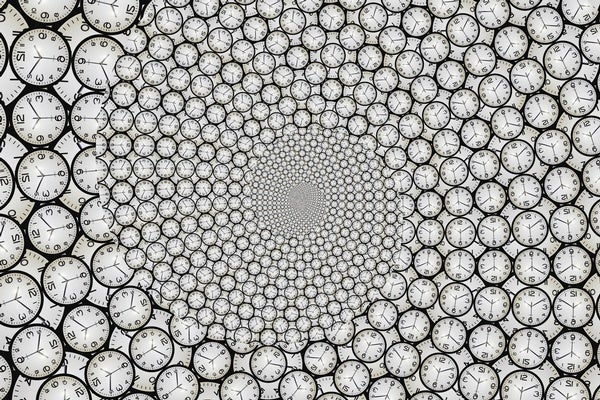 |
| |
| |
| |
| |
| |
| |
| |
| |
| |
| Cosmology The Kavli Prize Presents: Understanding the Universe [Sponsored] Ewine van Dishoeck received the Kavli Prize in Astrophysics in 2018 for elucidating the life cycle of interstellar clouds and the formation of stars and planets. What other mysteries of space are left to be uncovered? |  | By Scientific American Custom Media | 06:19 | | | |
FROM THE STORE
 | | | |
| QUOTE OF THE DAY
 "The fact that we've seen the same effect as our colleagues did in March certainly boosts the chances that we might genuinely be on the brink of discovering something new. It's great to shed a little more light on the puzzle." Harry Cliff, particle physicist | |
| |
FROM THE ARCHIVE
 | | | |
LATEST ISSUES
 |
| |
| Questions? Comments?  | |
| Download the Scientific American App |
| |
| |



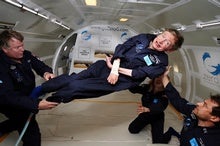
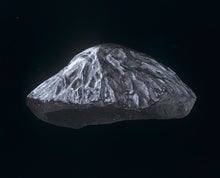
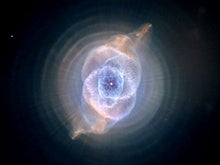
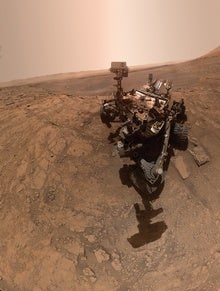
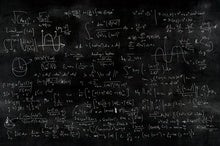
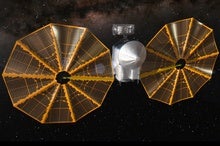

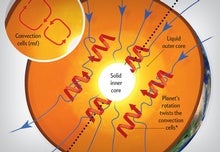
![The Kavli Prize Presents: Understanding the Universe [Sponsored]](https://static.scientificamerican.com/sciam/cache/file/507EDEAD-D39C-409A-93E48473822D99D2_W220_Hauto.jpg)
